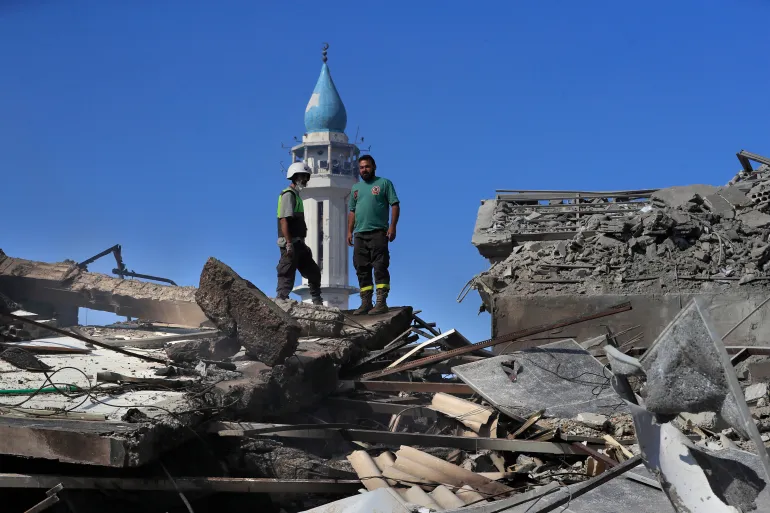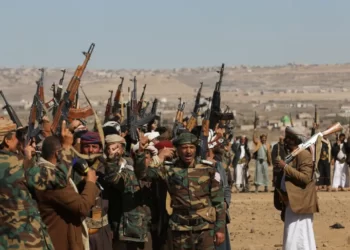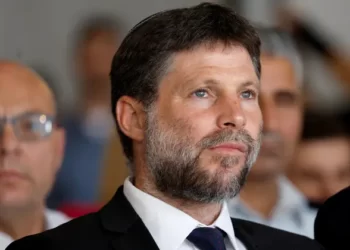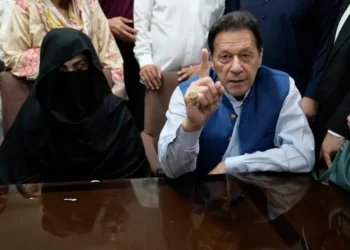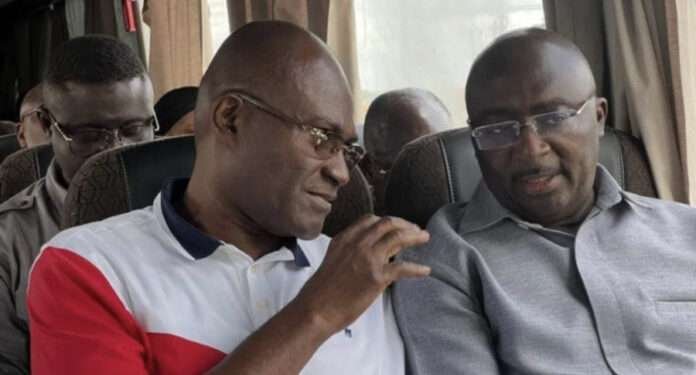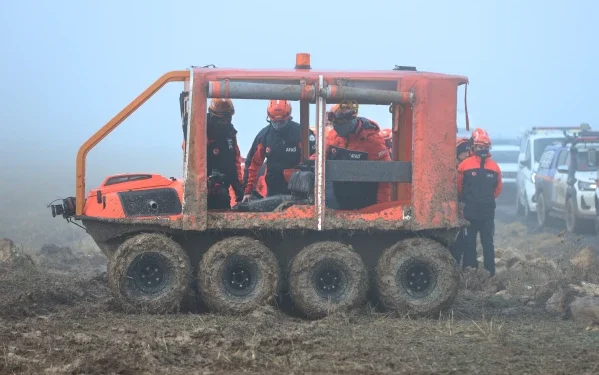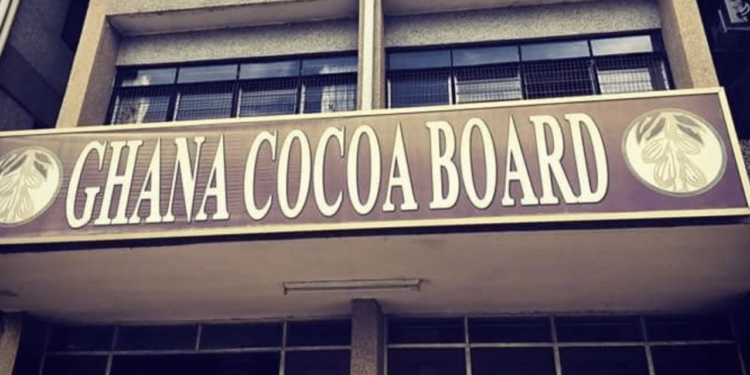The World Bank has announced that it is activating “emergency response plans” to re-direct existing resources to support the urgent needs of people in Lebanon resulting from Israeli attacks.
In a report, the World Bank said that physical damages and economic loses due to the conflict total an estimated $8.5bn.
The report revealed that losses are “largely concentrated in the commerce and tourism and hospitality sectors … as well as in the agriculture sector.”
It added that the final cost of damage and losses for Lebanon associated with the conflict is expected to significantly exceed those “presented in this assessment.”
According to the report, there are over 875,000 internally displaced persons in Lebanon, with women, children, the elderly, persons with disabilities, and refugees at highest risk. “An estimated 166,000 individuals have lost their jobs, corresponding to a loss of US$168 million in earnings,” it said.
The Bank added that Lebanon’s housing sector has been hit the hardest, with $3.2bn in damages resulting from nearly 100,000 housing units being partially or fully damaged.
Eighty-one percent of damaged and destroyed houses are located in the Tyre, Nabatiyeh, Saida, Bint Jbeil and Marjayoun districts.
The World Bank estimates that the conflict cut Lebanon’s real GDP growth for 2024 by at least 6.6%.“Disruptions to commerce are amounting to close to US$2 billion, driven in part by the displacement of employees and business owners,” the report said, adding that distruction of crops, livestock and displaced famers has put agricultural damages at about $1.2bn.
Lebanon had already been reeling since 2019 from an intense economic crisis that pushed most of the population into poverty. “This compounds five years of sustained sharp economic contraction in Lebanon that has exceeded 34% of real GDP, losing the equivalent of 15 years of economic growth,” the World Bank said.
Minister Says Israel Closer To Arrangement On Lebanon Fighting
Meanwhile, Israel’s Energy Minister, Eli Cohen, who is also part of the Israeli security cabinet, said in an interview that Israel is closer to reaching an arrangement over fighting with Hezbollah than it has been since the start of the war, but it must retain freedom to act inside Lebanon should any deal be violated.
A key sticking point for Israel, he said, is ensuring it retains freedom of action should Hezbollah return to border areas where it could pose a threat to Israeli communities.
“We will be less forgiving than in the past over attempts to create strongholds in territory near Israel. That’s how we will be, and so that is certainly how we will act.”
Eli Cohen
This somewhat contradicts statements earlier in the week by new Defense Minister, Israel Katz who promised there would be “no ceasefire” and “no respite” in the fighting, and that Israel would not “take its foot off the pedal.”
Additionally, the Minister noted that Israel expects the incoming Trump administration to take a hard line against Iran and its nuclear ambitions, which will create an opportunity for more peace deals with Arab neighbours.
Cohen said that US President-elect Donald Trump has been nominating senior staff who “certainly support determined action against Iran.”
He stated that the period of Trump’s previous administration was characterised by “greater regional stability”, adding that towards the end of his presidency, the sanctions on Iran were “close to making Iran to change its behaviour on the nuclear issue.”
“So we certainly hope and believe that the Trump administration’s policy will continue that, and first and foremost, we see the most central issue is acting assertively against Iran.
“We think [Trump] is targeting the bottom line. To rein in the threatening actors and create new regional alliances that are very important.”
Eli Cohen
READ ALSO: NDC Plans for Sustainable Mining, Outlines Key Reforms

